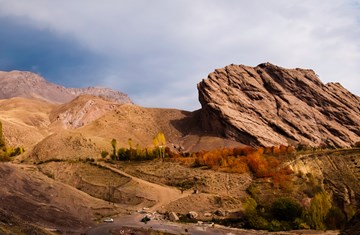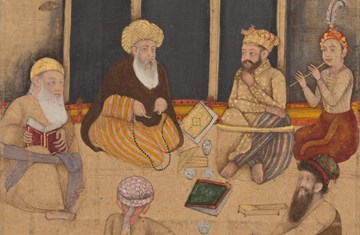Ramadan Mubarak

During the ninth month of the Muslim (Hijri) calendar, Muslims around the world often observe a daily fast: refraining from eating and drinking from sunrise to sunset. In addition to these physical actions, many Muslims take this time to introspect on their faith and form a deeper connection to their practices.
While such rituals are integral to the practice of faith and are meant to lead to piety, they are not the sum total of it; forms of rituals are intended to lead to their purpose or inner meaning (baṭin), if you will.
Dr Shiraz Kabani shares his experience of Ramadan in Turkiye in his book Ismaili Festivals: Stories of Celebration.
Muslims believe that the Qur’an was first revealed to the Prophet Muhammad during the month of Ramadan. It’s for this reason that many Muslims take this month to re-immerse themselves in the text of the Qur’an, believed by many to be the unadulterated word of God. Over time, this has developed into a rich diversity of interpretive traditions (tafsir). Our Qurʾanic Studies Series aims to make Qurʾanic commentaries available to a wider readership through English translation.
Women, Households and the Hereafter in the Qur’an offers a fresh perspective of the Qurʾan’s impact on social and religious practices in seventh century Arabia. The authors highlight the Qurʾan’s egalitarian approach to moral agency in existing hierarchical structures. Watch discussion with authors Dr Karen Bauer and Professor Feras Hamza.
An Anthology of Qurʾanic Commentaries, Vol. 2 comprises analyses of the female subject in the Qur’an, annotated translations of Qurʾanic commentaries, interviews with contemporary Muslim scholars, and more, which render these complex materials accessible to the reader. Watch interview with amina wadud.
The Sanaa Palimpsest provides an in-depth analysis of one of the oldest Qurʾanic manuscripts yet discovered. The palimpsest contains two superimposed layers of Qurʾanic text dating a hundred years apart, providing new insights into the transmission of the Qurʾan over time. Watch video introduction to the Sanaa Palimsest.










